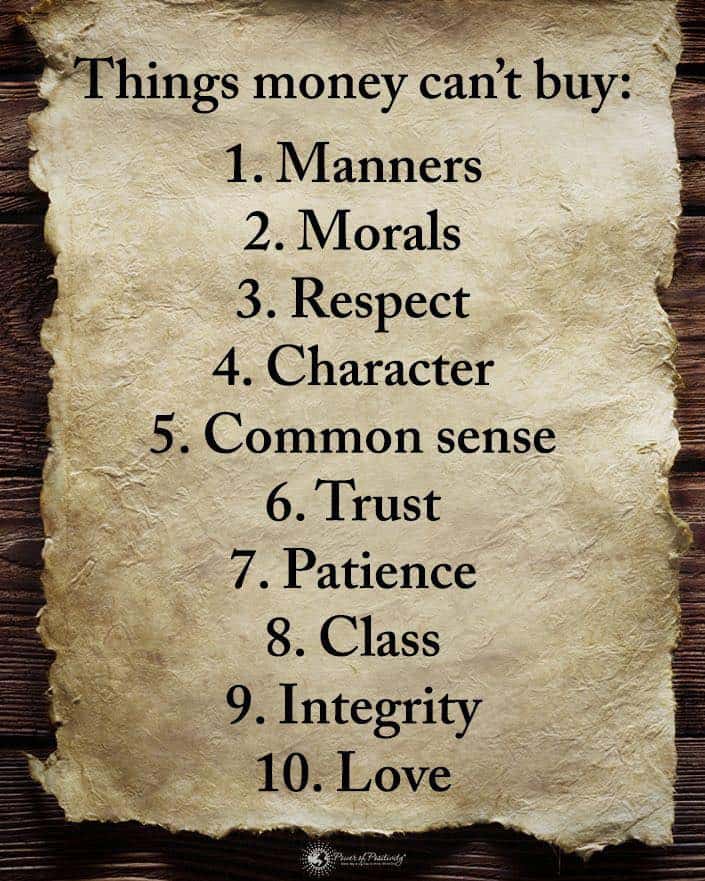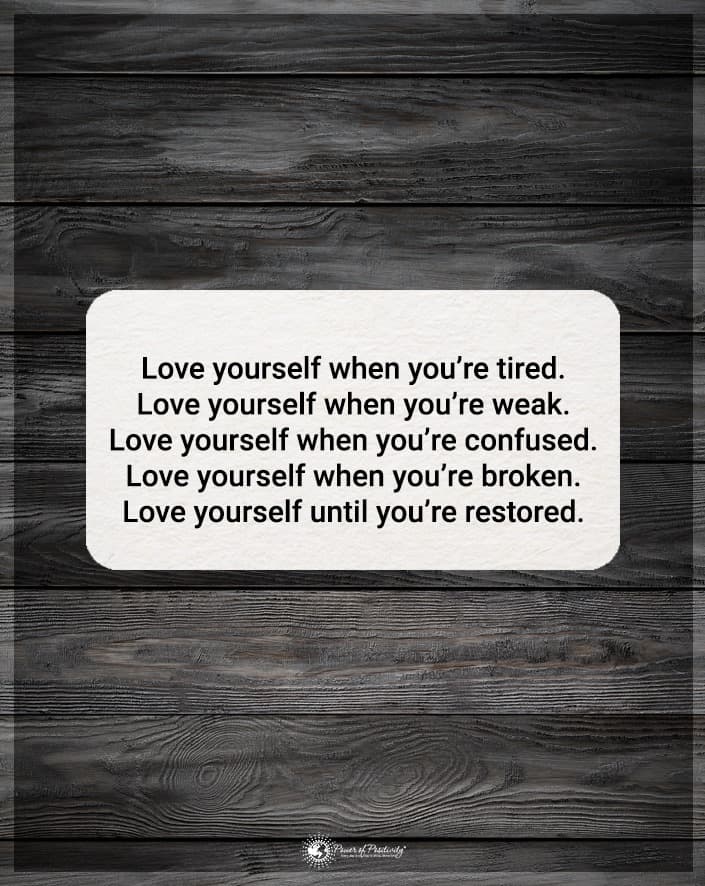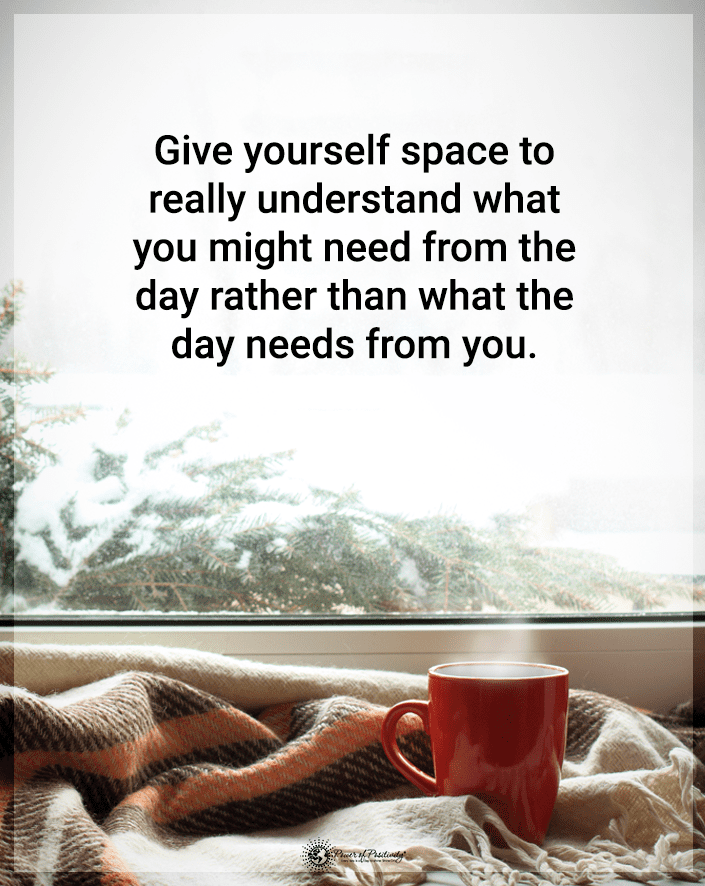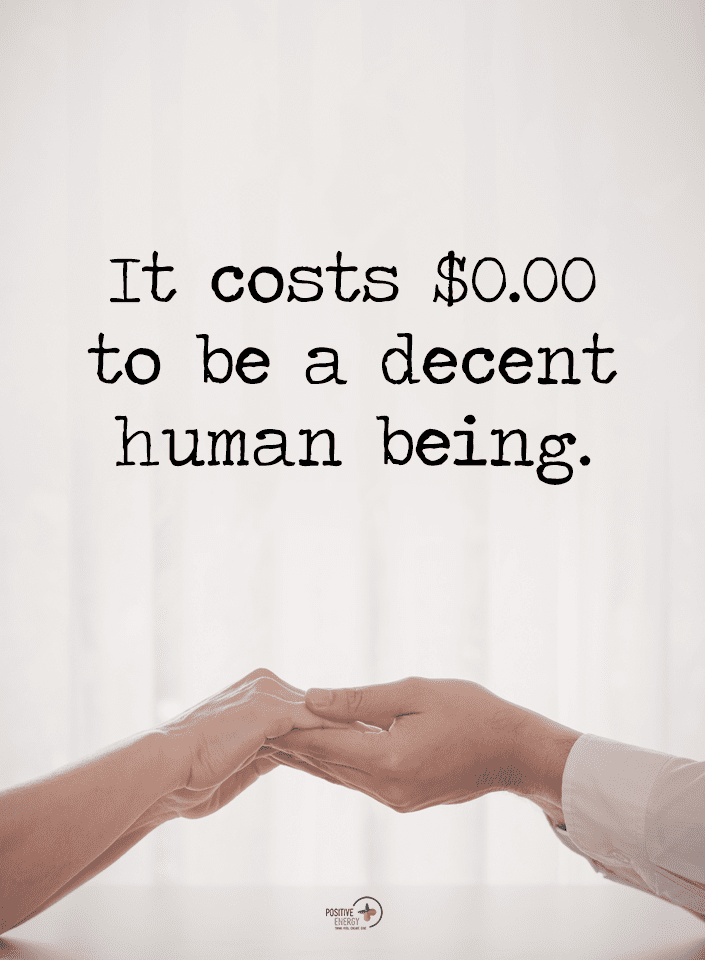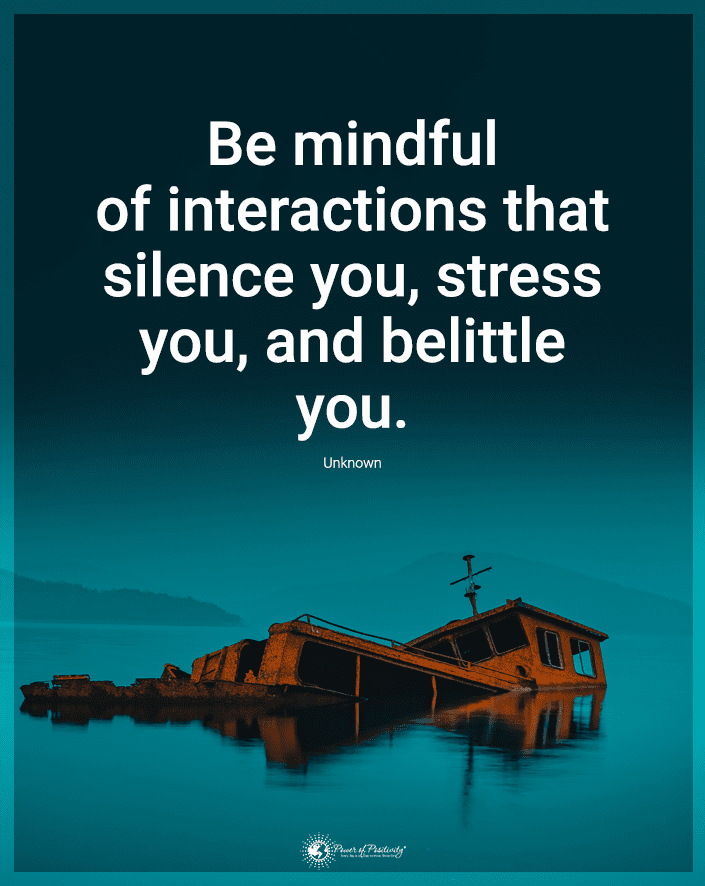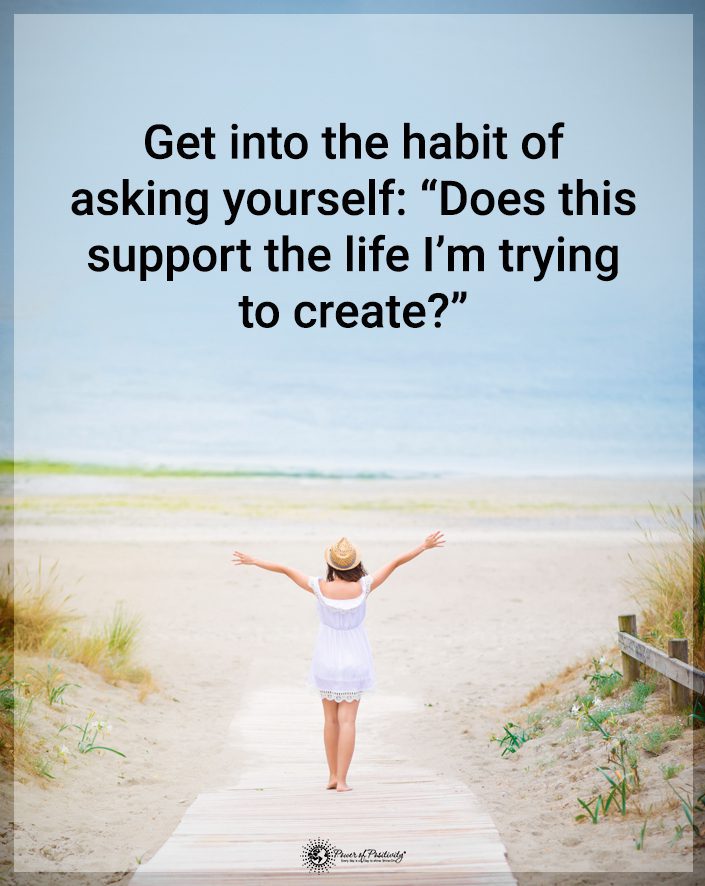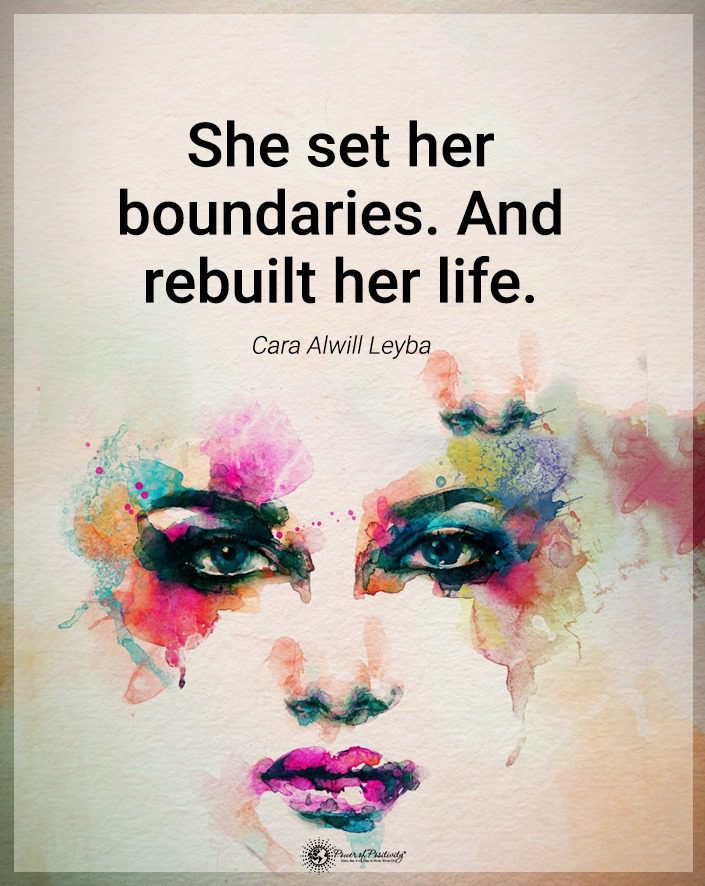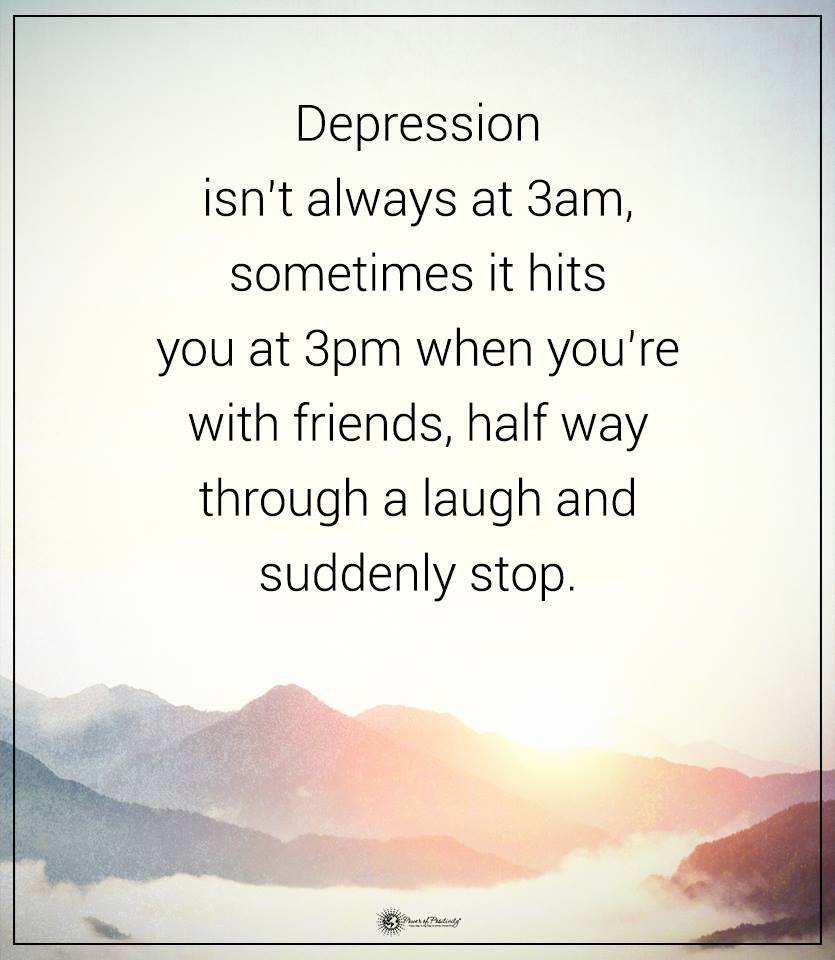Having a loving relationship where you care for one another is beautiful, but it doesn’t automatically make it a romantic connection. Showing love and romance is more important than vocalizing it. You can say many things to your partner, but your actions will always speak much louder than your words.
When you first started dating, you wanted romance, love, and the butterflies to go along with it. However, things change after you’ve been married for a while or in a committed relationship. You get into a comfortable groove because you’ve been together for so long, and you no longer need to do extraordinary things to get them to love you.
Twelve Ways to Show Your Partner More Romance
Showing love and affection shouldn’t stop whether you’ve been together two years or fifty. Your partner needs to know how you feel about them, and you want to keep those romantic fires burning. Here are some simple ways to give your partner more romance and enhance connection.
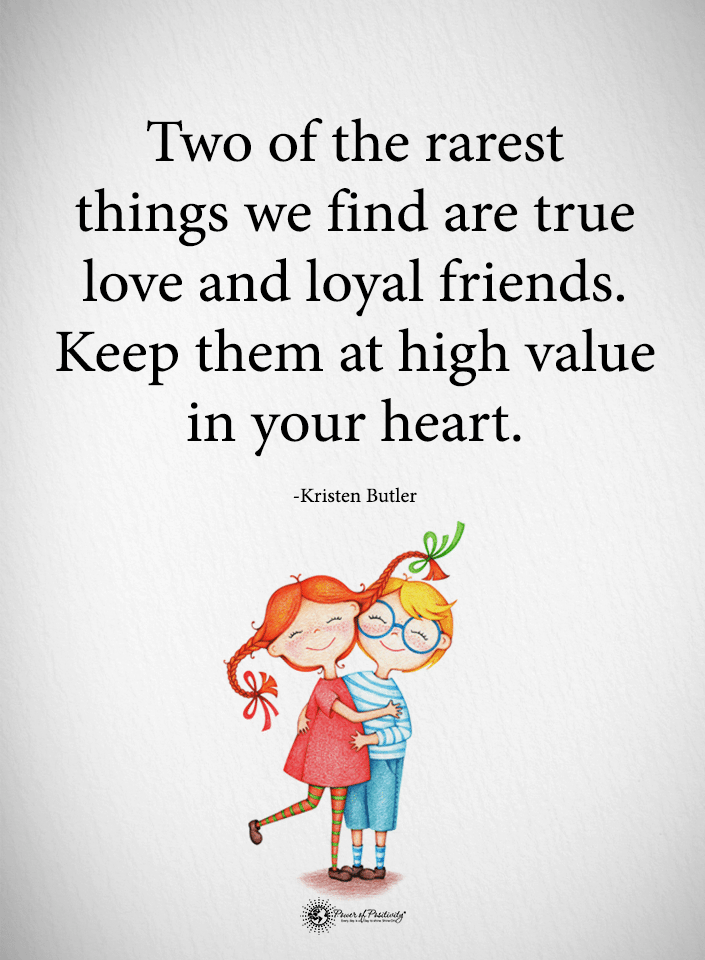
1. Whisk Them Away for a Romantic Weekend Excursion
There’s not a loving relationship around that couldn’t benefit from some alone time. Why not plan an impromptu trip and make all the plans for a weekend with just the two of you? Get a babysitter for the kids, take personal days at work, and carve out some time in your crazy schedule to be together.
An old-fashioned road trip is good for the soul and is very romantic. Sometimes you must get away from all the noise and the daily grind and spend time together.
2. Make Romance With Your Partner Your Highest Priority
Schedules are always chaotic, and you might be unable to devote the time to one another you would like. However, you must be flexible and show up when they need you.
Give your partner the courtesy of making them a high priority. They need to know that you will be there when they get an award at work or a company holiday party. Showing up means more than all the verbal flattery you give because you make sacrifices on their behalf.
3. Shower Them with Compliments
Complimenting your partner is something you should do every day. When you’re in a loving relationship, you want to ensure they know how you think and feel about them. You can certainly go overboard with the compliments, and they can come across as fake.
Consequently, you need to pay attention if they’re trying a new hairstyle or have a new outfit. Make a conscious effort to notice all those little things and tell them when they look stunning. Showing love doesn’t always have to be some grand gesture, and sometimes it’s just the simple things that mean so much.
4. Have Technology Free Periods to Increase Romantic Time
Showing love and being romantic is challenging when your nose is buried in your cell phone. Learn to put the phone down and go for periods without technology, as it will do wonders for your connection.
A loving relationship is one where you give your partner your undivided attention. Sure, there are times when you need to use your phone, but it’s best to have spaces where there’s no technology. An article published by the Greater Good Science Center discussed a study regarding cell phones ruining relationships.
These little devices disrupt present-moment, in-person connections. You’re good at connecting with people on social media and through texts, but how do you do when you’re in person? Nothing is more aggravating than trying to talk to your partner, but they’re too busy on their phone.
5. Place Random Sticky Notes Around the House
Romance doesn’t have to cost much money or take time. You can do small things that have a huge impact. One thing you can do to impress your partner is to leave sticky notes around the house for them. Remind them of your feelings and how much they’re adored by putting random notes from the heart around the home.
6. Star Gaze
There’s something powerful about laying under the stars on a blanket with the one you love. They will love a romantic date where you look up into the heavens and dream about all the places you can go and see together.
Many people are amazed at the sky above them, as its vast size and stunning beauty are too much for words. Showing love doesn’t require you to say a word, as you can gaze and dream together.

7. Do Extra Chores to Give Them More Free time
When you think of romance, you don’t think of chores. However, it’s often nice to help take some of the load from the other person. When you pitch in and help more, they will have more time to spend with you.
You should take on their chores for a day or two, so they can reconnect with you. If your partner is stressed out because they feel overloaded, romance is the last thing on their mind. A loving relationship means you help one another out when the burden gets too heavy.
8. Use the Power of Touch
There’s a lot that can be said about the power of touch. Did you know that communication is often called “energy therapy?” According to the University of Minnesota, people are energy fields, and you constantly interact with those around you and your environment.
You can use this energetic interaction to help bring harmony and peace to your partner. If you’re having a bad day, have you noticed that your partner’s touch makes everything seem alright? When you touch your partner in some gentle way, you’re helping them to release feel-good endorphins that bring calm.
It doesn’t have to be a hug, as something as sweet as holding their hand can often be just as beneficial. Touch should always be incorporated into any loving relationship.
9. Steal a Romantic Kiss
You can’t steal affection if it’s someone you’re romantic with, but it certainly takes things to another level when you give them a quick kiss. When you whisk them to the other room and steal a kiss while the children are none the wiser, it puts some excitement into your relationship. Tell them that you couldn’t wait a moment longer and wanted to feel the touch of their lips.
10. Take Charge and Be Decisive
Every couple has decisions that they must make. If you’ve struggled over a sure thing, why not take charge, and make the decisions? Some people find it very sexy when their partner removes them from the stress of the decision-making process and takes control.
This will only work in some situations, as you can only choose to move across the country with their input, but you can take control of the more minor things that weigh you down. It’s very romantic when you take charge and remove mental stress from your relationship.
11. It’s Romantic to Try Exciting Ways to Say You Love Them
Saying “I love you” is necessary for any romantic relationship, but you don’t always have to use the same verbal expression. What if you changed things up a bit? Why not find new and exciting ways to tell your partner how you feel about them?
Showing love sometimes means thinking outside the box and looking for new and innovative ways to tell them what your heart feels. Sending flowers, cards, and candies and drawing them a picture is a way to express your feelings. Additionally, there are many other ways that you can explore to let them know you’re crazy about them.
12. Tell Them All the Reasons You Love Them
Relationships are never easy, and romantic ones require the most work. When was the last time you sat down and told your partner all the reasons you love them so much? You can show love by taking them on a weekend getaway, but you need to vocalize why they’re so special.
Tell them you see a twinkle in their eye when they look at you. Make sure they know your heart still skips a beat when they walk in the room. You want to help increase your partner’s self-esteem, and you want them to know that all those little things they do still make them so attractive in your eyes.
Final Thoughts on Being More Romantic
If you’re in a loving relationship, consider yourself lucky. Some people search all their lives trying to find what they’ve discovered. If you want to keep your partner happy and have a healthy, loving relationship, you must put real work into your connection.
Showing love takes effort; sometimes, you must think outside the box. Some folks believe that romance happens in the bedroom behind closed doors, but you should know by now that being romantic is far beyond what happens in bed. If you want your relationship to stand the test of time, you will turn off the cell phones periodically, go away for romantic weekends, help relieve their stress, and ensure them every day of how much they mean to you.


